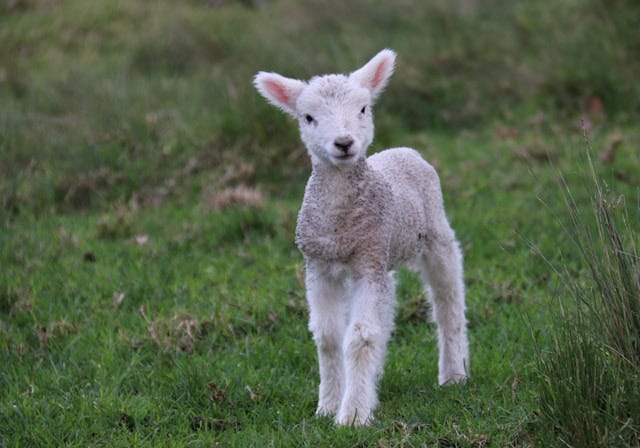
When I started my Substack over two years ago, I planned to write about the many aspects of a vegan way of life. However, even then, I felt that the term “vegan” was somehow insufficient or limiting: For most people, it’s related to food. Somebody who doesn’t eat or use anything that comes from animals is vegan. So, no meat, no fish, no eggs, no dairy products, no honey, no leather, etc.1
In my view, being vegan is one of the results of something more general, that it has an underlying cause: the feeling of compassion and empathy for other beings. When I was a vegetarian I was mainly opposed to killing, ANY killing, whether capital punishment, wars, or killing for food. To take another being’s life seemed plain wrong. But I didn’t think much about the suffering of animals that were raised for food – maybe I didn’t know all that much about factory farms and CAFOs (concentrated animal feeding operations). This was in the last century, after all! The internet has made it much easier to research whatever one wants to learn about. Also, the number of animals raised to be eaten has almost doubled in the last 35 years, due mainly to the increasing consumption of chicken versus beef (up to more than 10 billion animals from 5.2 billion animals in 1987).2
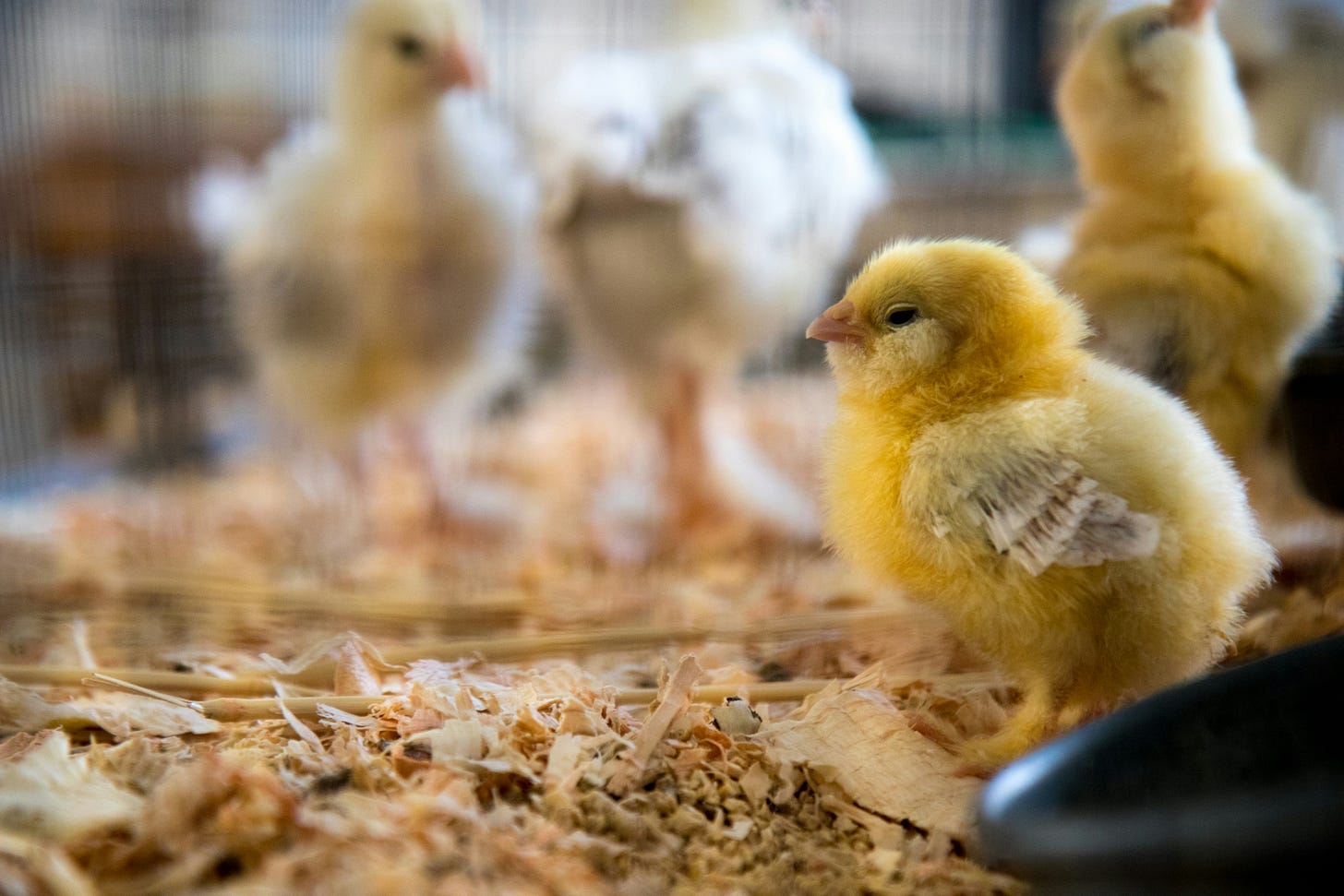
Once I changed to a vegan diet (in 2001) and with the help of the ever expanding World Wide Web I learned about factory farming and animal suffering on the one hand and global warming on the other. I learned about the shrinking Amazon Forest and species extinction. I found out that CAFOs not only use an exorbitant amount of grains for a poor return in nutritional value, but are also major air and groundwater polluters. I became increasingly aware of the fact that all these topics are connected.
From there it is but a short step to a more philosophical, existential understanding of our connection to and with everything.
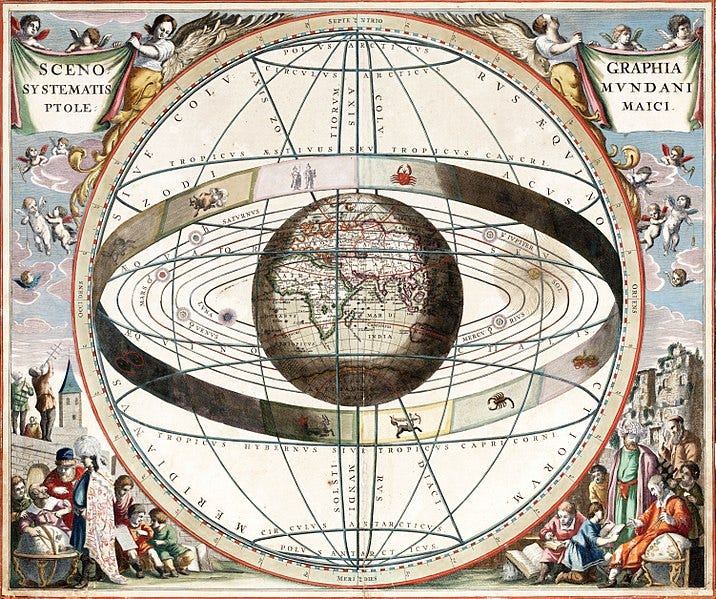
To explain what I mean, I have to reach back a bit – some 1,900 years, approximately. That’s when the Hellenistic mathematician and astronomer Ptolemy published the Almagest, a geocentric model of the universe. The Earth was at the center, and the Moon, Mercury, Venus, Sun, Mars, Jupiter, and Saturn revolved around the Earth, each on its own celestial sphere, with the sphere of the Fixed Stars being the outermost and last sphere. This corresponds with the cosmology of the Abrahamic religions; Christianity’s most famous example is Dante’s Divine Comedy, published around 1341.
The Catholic Inquisition of the second half of the sixteenth century murdered several people who began to propose a heliocentric cosmology, based on the scientific discoveries of Renaissance astronomers such as Nicolaus Kopernicus, Tycho Brahe from Denmark, or German mathematician Johannes Keppler. The most famous person tried for heresy by the Roman Inquisition was Giordano Bruno, who was burnt alive at the stake in Rome in 1600. Even Galileo Galilei, who built his own telescope and used his observations to promote Kopernicus’s theory that the Earth and other planets revolved around the Sun, had trouble with the Roman Catholic Inquisition: he was prosecuted and tried for heresy in 1633, but his life was spared. In exchange for recanting the Copernican theory of heliocentrism Galileo was spared his life, but had to live under house arrest until his death in 1642.
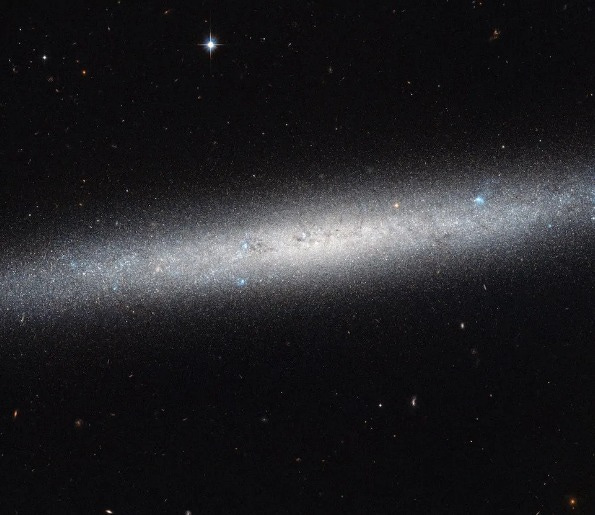
Since then, our view of the Universe keeps expanding just like the Universe itself: the Big Bang, 100 billion or two hundred billion galaxies, Dark Matter – it’s truly astronomical.
And here is my point, finally! The switch from an Earth-centered worldview to one that centers around the Sun to the Big Bang theory is so fundamental it boggles the mind. From a Flat Earth at the center, to the Sun at the center with the Earth just one of its revolving planets, to an ever-expanding universe that’s approximately 13.787±0.020 billion years old – the human mind really had to learn to stretch. Thomas Kuhn, one of the most influential philosophers of science of the 20th century, called these changes of cultural worldviews Paradigm Shifts. They didn’t happen overnight but took many years, and who knows, they may not have reached everybody. There IS a Flat Earth Society. But most of us have accepted the current findings of astronomy, even if they seem counter-intuitive.
A similar paradigm shift is necessary if humanity wants to turn the tide on the climate catastrophe (yes, that’s what it is) and, ultimately, survive: a critical mass of human beings has to change the way they think about themselves and relate to everything around them. We have to experience ourselves as being part of, not being separate from, the world around us.
When I wake up in the morning and face my activities throughout the day, I experience myself within a discrete body, distinctly separate from all other bodies. “I” am somewhere in my head, because that’s where my sense organs of sight, hearing, smell, and taste are, and where my brain is – the processing agent of my sense impressions. The world is all around me, and I am at the center. I bet most people would call this a “normal” experience. And yet, it is an illusion, as incorrect as the Flat Earth.
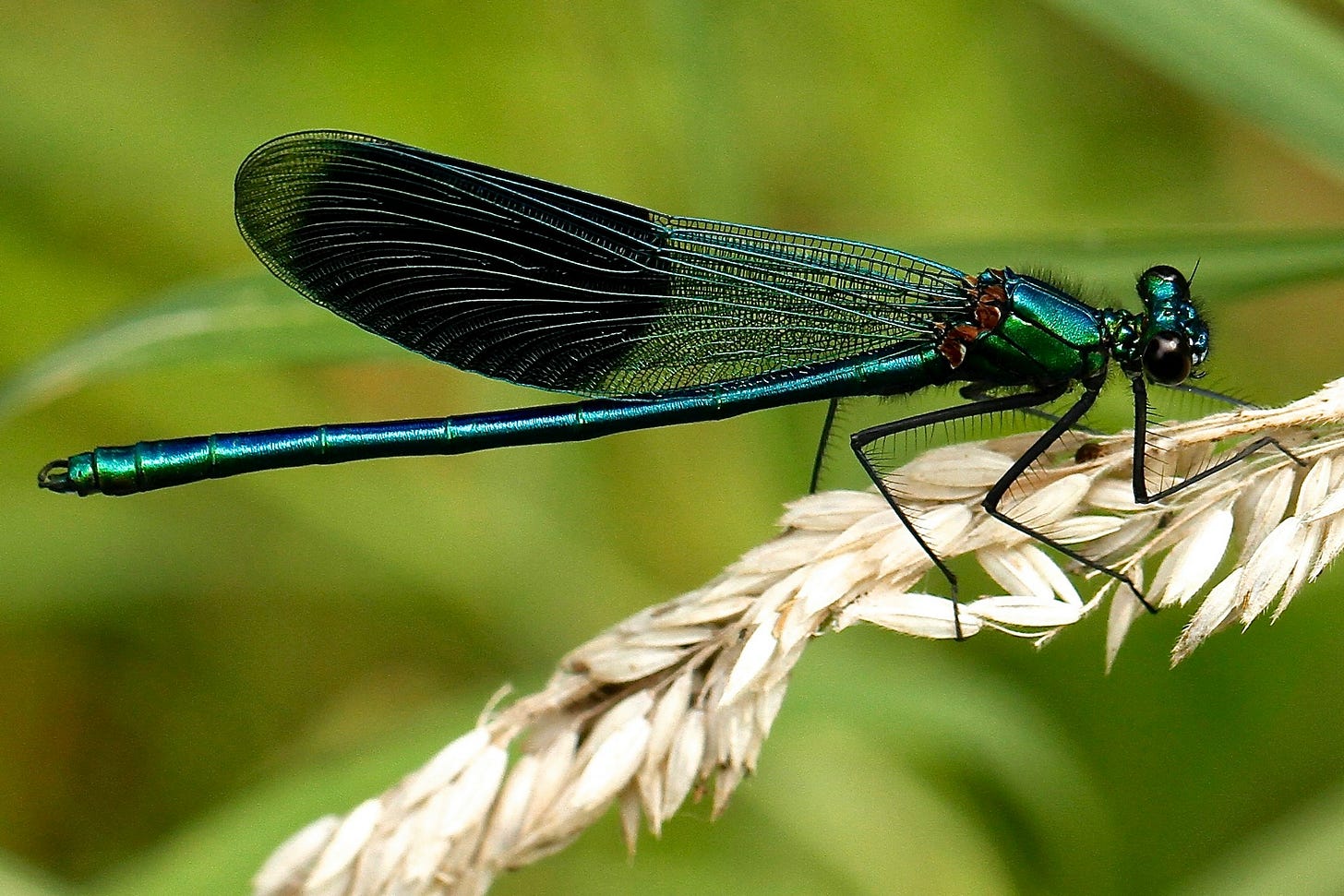
Just think about your skin, for example. It breathes, just like you do. When does the oxygen that enters your body become “you”? When you breathe out, at what point does the air become “not-you”? And the outside world all around you, it looks so objectively solid and real, doesn’t it. But is it? Well, it’s real for sure, but the way we humans perceive it is limited and subjective. Furthermore, all other sentient beings have their own version of the world. My dog can’t see red and green, but his highly developed sense of smell gives him information that I can’t access, although we’re in the same room. The world of a dragonfly, of a maple tree, of an elephant, and the human world – they all overlap and complement each other.
When I think about this and really try to internalize it, my perspective shifts and the human world becomes less exclusive and superior; rather, it weaves into all these other worlds. I become less important, more of an equal among many beings. I try to imagine what I may look like to my dog, or to the many birds we meet when we go for a walk. Or to the little spider on the wall. Every one of these creatures lives in a world that seems as complete as my world. Which one is the real “me”?
For the first few weeks after starting my Substack I wrote about different aspects of being vegan, the health benefits, the impact on climate change, the saved resources, etc., but I didn’t want to repeat myself and am now writing about all kinds of things. Then I found this old T-shirt in my closet, which proudly proclaims: VEGAN. A friend gave it to me, long ago. On the back, it nicely sums up what it’s all about:
Feed the hungry. Stand up for human rights. Prevent diet-related diseases.
Be kind to animals. Stop animal exploitation. Save 100 animals every year.
Save an acre of trees a year. End animal ag deforestation. End grazing on public lands.
Protect wild animals.
Return wildlands to nature.
Stop species extinction.
Stop wars for resources.
Help end corporate rule.
Make the world a better place.
Help stop climate change.
Stop the #1 waster of water.
Support a sustainable planet.
Live your values.
Live with compassion.
Stop the violence.
Some of it may sound a bit cheesy, but on the whole, it’s something one can live by, don’t you think?
It’s debatable whether a vegan who lovingly tends to a flock of chickens (no rooster) and cares for them until their natural demise can eat the eggs; personally, I don’t have a problem except for the fact that one somehow validates the cruelty of factory-farmed eggs. Same with honey.





yes we need a paradigm shift / yes factory farming is horrible / we live so disconnected from nature that it's hard to generate any empathy for the animals / they're just a cute picture on the side of the carton
Beautifully written and stated...
The words on the back of your t-shirt fit nicely into the four stoic virtues of wisdom, courage, temperance, and justice - all of the points on the shirt are things that fall under our control...and they make so much sense.